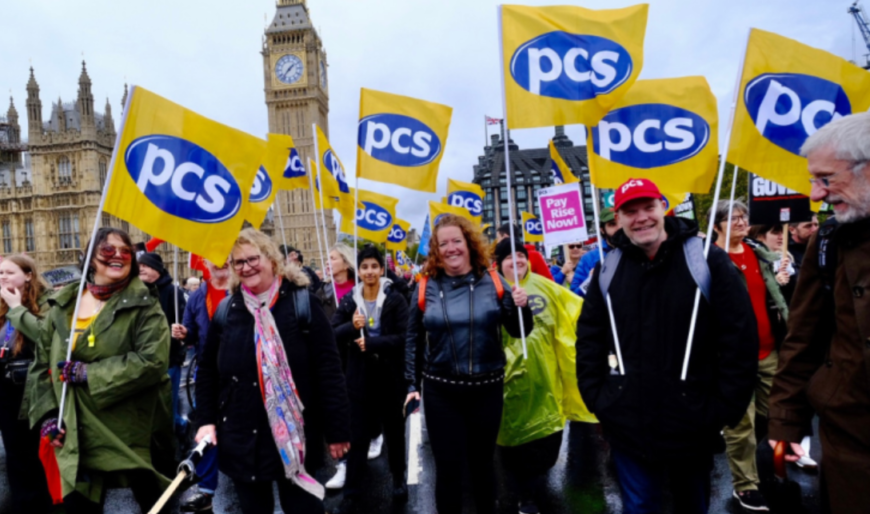Adrian Weir
Adrian Weir has a background in the engineering industry in Southampton where he was an AUEW lay representative (shop steward/safety... Read more »
The Transport Strikes (Minimum Service Levels) Bill may be dropped or significantly modified to catch more groups of workers in its ambit

In the wake of the autumn strike wave, rather than seeking to settle to causes of worker unrest the Government is said to be further ramping up the likely focus of the next round of anti-union laws.
It is rumoured that the Transport Strikes (Minimum Service Levels) Bill may be dropped or significantly modified to catch more groups of workers in its ambit particularly firefighters and ambulance workers.
As is the way with this Government there will be probably be a predictably vague piece of primary legalisation with the real bite coming in secondary law that will have very limited Parliamentary scrutiny.
Although we were left guessing about which transport workers would be covered by the Bill currently before Parliament we probably wouldn’t have been wide of the mark to believe that it would include those covered by the Important Public Services (Transport) Regulations 2017 which are:
The BBC is quoting Rishi Sunak as saying he is working on “tough new laws” to deal with strikes. Downing Street sources say that this work is “on-going.” The spokesman refused to rule out banning strikes by emergency workers.
In the absence of anything concrete from Government we can only speculate but a good guide to where the Tories may be headed is to track back to the Trade Union Act 2016. At that time the Government defined “important services” as (and it made special, more severe, balloting arrangements for these groups):
Other than nuclear decommissioning, workers in the remaining five categories listed are either on strike, border security have just announced their strike days as have nurses, ambulance workers and firefighters, or awaiting ballot results to go on strike as in the case of school teachers.
If rather than banning strikes outright the Government imposes a minimum service requirement on all of the groups of workers listed above and their unions it would be so close to an outright ban it would almost make no difference.
The Government will presumably devise what the minimum service requirement is, at a level to make the strike ineffectual, and impose this requirement on the employers and unions concerned.
If a union fails to co-operate and refuses to negotiate with the employer on meeting the requirement, in other words the undermining of its own industrial action, it will be in breach of the law and be liable for damages claims.
Individual workers may be personally identified as having to go to work; failure to comply may result in the loss of protection against unfair dismissal.
Of course if a union should refuse to comply, employers now have the right to make use of agency about to break the strike in any event, perhaps not in every case because of a lack of job specific skills but we can imagine the coming together of this recent and likely legislative assault on unions and their members.
It is of course disturbing that the BBC reports that although Labour is saying that it will oppose the “unworkable” minimum service levels its spokeswoman could not give a commitment to repeal this law should it pass through Parliament (which given the Tory majority is a racing certainty).
After a very successful recent mobilising conference the Campaign for Trade Union Freedom will be working with affiliated unions on measures to oppose whatever Bill is finally tabled in Parliament.
This article was originally published on the Labour Outlook website
Adrian Weir has a background in the engineering industry in Southampton where he was an AUEW lay representative (shop steward/safety... Read more »
Employment Rights Bill: Yet another missed opportunity for workers’ rights